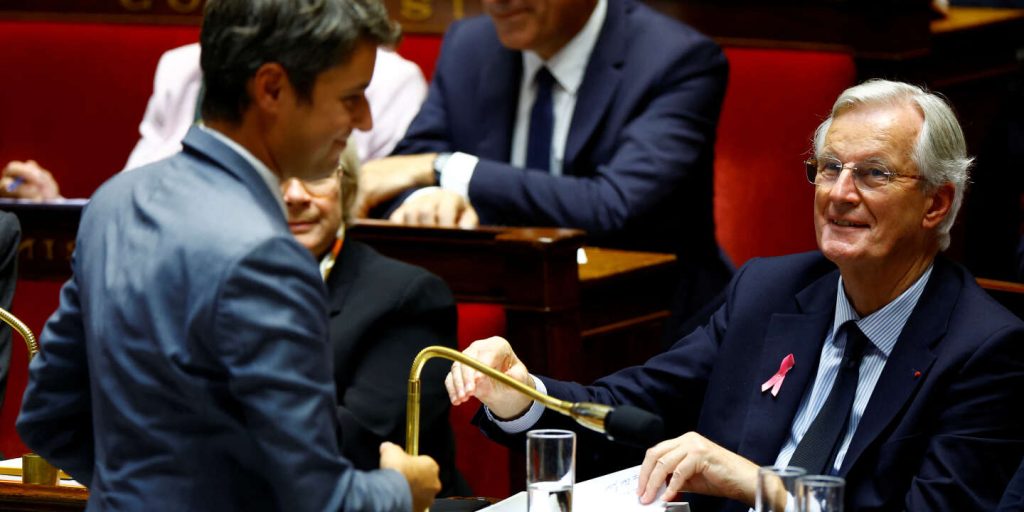Jean-Luc Mélenchon, the leader of the French political party La France insoumise, made a call for the display of Palestinian flags everywhere possible starting on October 8th. This call was in response to a circular issued by the Minister of Higher Education, Patrick Hetzel, regarding the “maintenance of order” in universities ahead of the anniversary of an attack by Hamas in Israel on October 7th. Hetzel expressed concern over pro-Palestinian demonstrations held at institutions like Sciences Po and the Institute of Oriental Languages, stating that these actions went against principles of neutrality and secularism.
Mélenchon criticized Hetzel’s circular as an abuse of power during a political meeting in Paris, arguing that discussing geopolitics, including the situation in Gaza, does not violate secularism. He urged students to resist this prohibition, asserting that university students are adult citizens who have the right to freely express their opinions in a democratic country. Mélenchon encouraged the display of Palestinian flags in response to Hetzel’s directive, emphasizing the importance of not giving the Minister the final word on what can or cannot be discussed in educational settings.
In addition to advocating for the display of Palestinian flags, Mélenchon proposed the inclusion of Lebanese flags alongside them. He highlighted the recent Israeli military bombings in Lebanon, which have resulted in over a thousand deaths, and criticized the lack of protection provided to the Lebanese people by their own armed forces. Mélenchon argued against demonizing groups like Hezbollah, stating that they are part of the Lebanese population and deserve sovereignty over their land. He called for solidarity with the Lebanese people by displaying their national flag as a symbol of support against violence and aggression from neighboring forces.
Mélenchon’s statements reflect his stance on international relations and solidarity with oppressed or marginalized populations. By encouraging the display of Palestinian and Lebanese flags in response to government censorship and military aggression, he is aligning himself with causes related to human rights and self-determination. Through his rhetoric, Mélenchon seeks to empower citizens, particularly students, to resist unjust restrictions on freedom of expression and show support for those facing violence and injustice in conflict zones like Palestine and Lebanon.
The issue of displaying national flags as a form of protest or solidarity raises questions about the boundaries of free speech and political expression in academic settings. While some may view the act of displaying flags as a peaceful and symbolic gesture of resistance, others may perceive it as provocative or disruptive. Mélenchon’s call for the widespread display of Palestinian and Lebanese flags challenges the status quo and asserts the importance of individual and collective actions in defense of democratic values and human rights. This discourse highlights the intersection of politics, activism, and education in shaping public opinion and advocating for social change.


